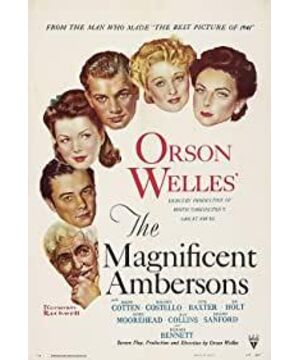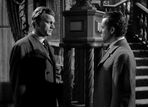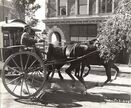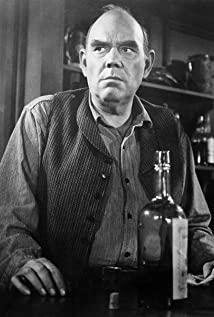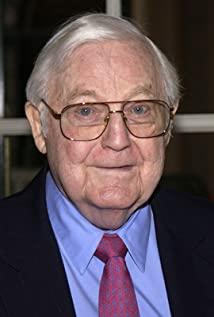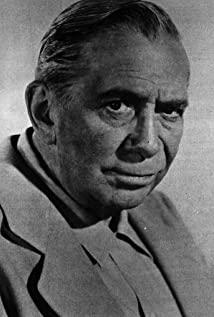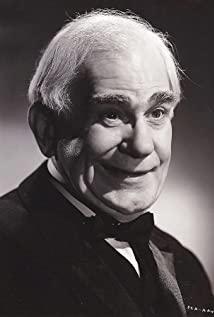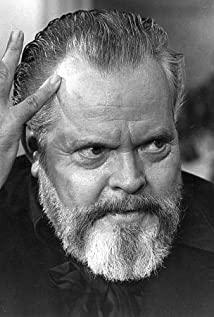http://www.criterion.com/current/posts/803-the-magnificent-ambersons
If events had turned out differently, The Magnificent Ambersons, Orson Welles' second film, might well be widely regarded as “the greatest film of all time” rather than Citizen Kane. But in Welles' absence, RKO Studios recut the original version of the film mercilessly—Welles said it looked like it had been “edited with a lawn mower”—reducing its running time from 131 to the present 88 minutes. Nevertheless, what survives is still one of the most strikingly beautiful and technically innovative films ever to come out of Hollywood. It also tells a good story—about the decline of a once powerful and wealthy turn-of-the-century Midwestern family—with a conviction and maturity that are rare for the old Hollywood system.
It was a well-kept secret that Citizen Kane left Welles so emotionally and creatively exhausted that he was sent away on doctor's orders to undergo a rest cure. The only surprise in this is that he had managed to hold out for so long. Citizen Kane was the culmination of almost a decade of frenetic energy that included early fame on Broadway and in radio, a short-lived but widely felt revolution in the American theater, the international scandal of the “War of the Worlds” broadcast, and a Hollywood contract that virtually gave him carte blanche. In Kane, at age 25, he had taken on one of the most powerful figures in American public life, publisher William Randolph Hearst, and after the film was made, had had to resist crushing pressures from all sides to get it released.
When he turned to his second film, Welles was in a quieter, more reflective mood. Critics have puzzled over his choice of The Magnificent Ambersons. Perhaps we should see it as an episode of personal stock-taking after a prolonged interval of intense stress. With its strongly autobiographical elements—its setting at the time and place of Welles' own youth, its brash and arrogant and supremely self-confident young hero, and its obsessive Oedipal concerns—clearly Tarkington's novel is serving at one level as a means for Welles to delve into his own roots and search out the meaning of his own personal past.
In an earlier, simpler time, how many millions of American boys read Penrod, Booth Tarkington's modern version of Huckleberry Finn? Welles did, and many other Tarkington works. Tarkington was a regular staple for Welles' Mercury Theatre radio show, and on the Mercury Theatre broadcast of the novel he called The Magnificent Ambersons, “the truest, cruelest picture of the growth of the Middle West.” At 240 pounds and well over six feet, Welles was wrong for George, Tarkington's college-boy hero, in the film . In a move that surprised everyone, he selected RKO contract player Tim Holt for the role. (Usually thought of as just a cowboy actor, Holt turned in several notable dramatic performances in his career, most especially in The Magnificent Ambersons and in John Huston's The Treasure of the Sierra Madre.) For the mother,Welles brought silent star Dolores Costello, one of the great beauties of the 1920s and the former Mrs. John Barrymore, out of retirement. For George's sweetheart, he selected an unknown starlet Anne Baxter—another inspired choice, as her subsequent career, especially in All About Eve, amply shows. The roster was filled out with Mercury Theatre players who had also been in Citizen Kane—most notably Joseph Cotten, at his most insinuatingly charming, and, unforgettably, Agnes Moorehead, who won the New York Film Critics' Award for her performance. Although Welles did not appear onscreen himself, he was present in the role he perhaps coveted most—that of the voice-over narrator, intoning Tarkington's elegant, old-fashioned prose. On the technical side, Bernard Herrmann, another hold-over from Citizen Kane, composed one of his subtlest scores;Stanley Cortez, a relative unknown, as cinematographer was responsible for the astonishingly beautiful lighting of the interior scenes; and veteran art director Mark-Lee Kirk was borrowed from 20th Century Fox to oversee the design and construction of the Ambersons' mansion, one of the costliest and most complex sets ever built on a Hollywood sound stage.
Midway through the shooting of The Magnificent Ambersons, Welles was recruited by the US State Department Committee on Inter-American Affairs to make a film in South America as a gesture to promote hemispheric relations inwartime. He rushed Ambersons to completion, entrusting the final editing (according to to his close in-tructions) to Robert Wise, another holdover from Citizen Kane, and departed for South America. When the Welles version elicited disastrous results in sneak previews, the RKO regime ordered Wise to recut The Magnificent Ambersons into “releasable” shape. More than 50 minutes of Welles' footage were removed, and several scenes were rewritten and reshot by others. This radically shortened version was put into release, and the studio ordered all surviving footage from the original version destroyed. Welles was terminated from RKO,and never again in his career was he entrusted with the direction of a major studio feature.
Even in its truncated form, the brilliance of The Magnificent Ambersons is evident. This was demonstrated most strikingly in 1982, when leading international film critics voted it one of the ten greatest films ever made.
View more about The Magnificent Ambersons reviews


